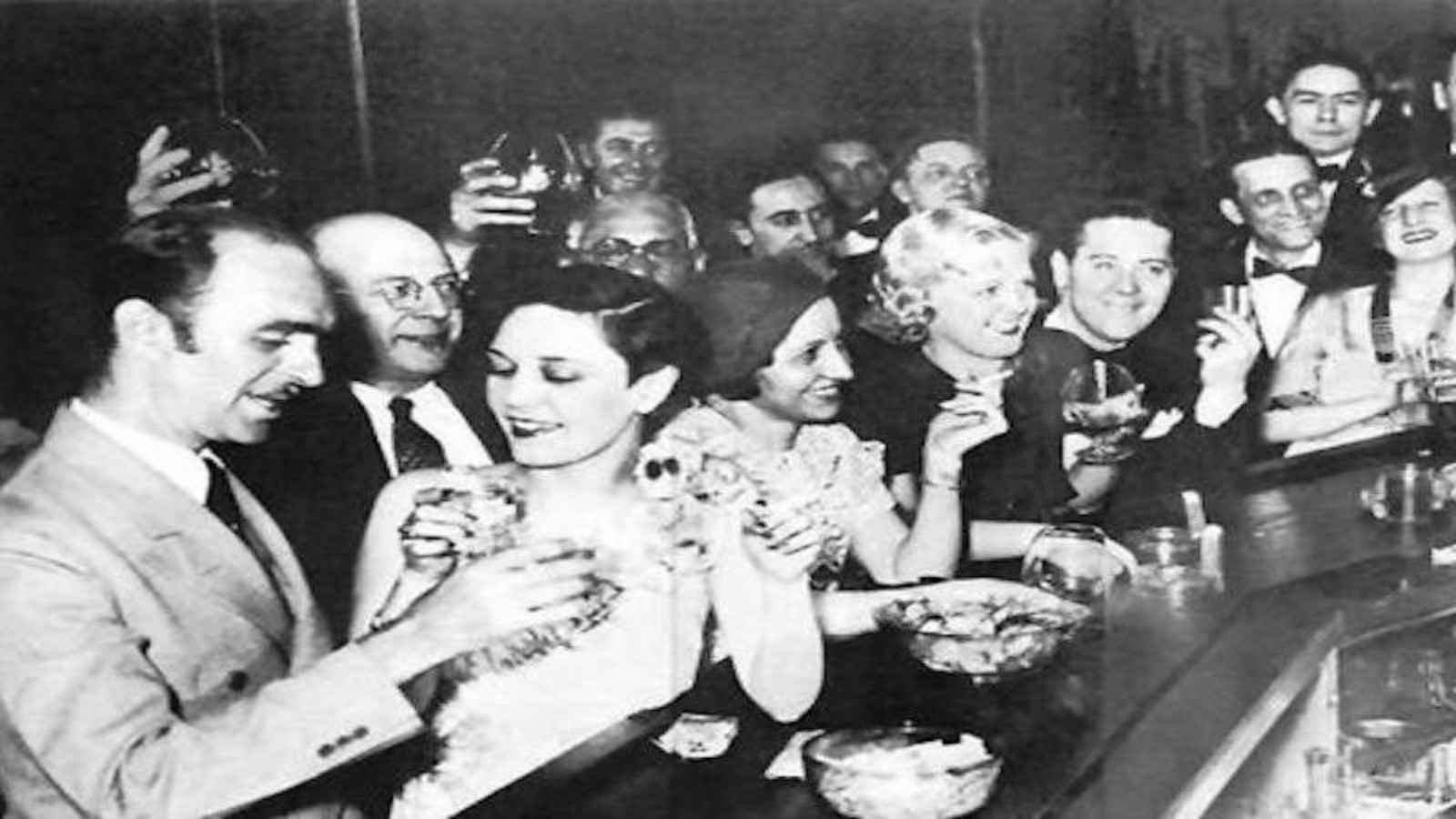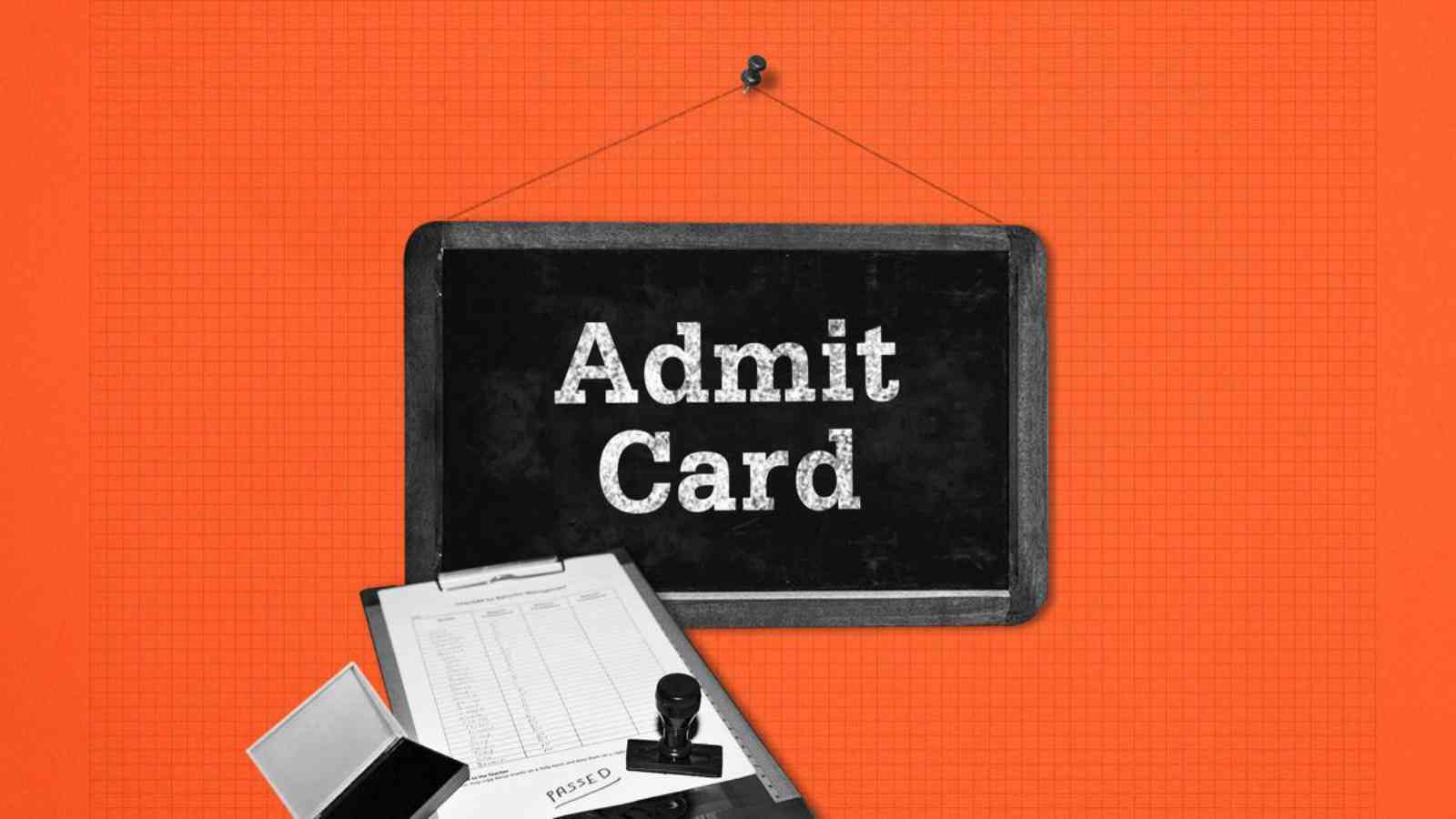Prohibition Remembrance Day 2023: January 16th marks the 100-year anniversary of the repeal of prohibition in the United States. On this day, we take a moment to reflect on the successes and failures of prohibition, and celebrate the history that followed in its wake. The era of prohibition was an especially tumultuous time in American history; full of violence, bootlegging, and rebellion. It also changed the course of our culture, creating some unexpected consequences that have been felt for generations. In this blog post, we will explore the history behind Prohibition Remembrance Day and look at how far we’ve come since then.
What is Prohibition Remembrance Day?
Prohibition Remembrance Day is observed on January 16 in the United States. It commemorates the day on which the 18th Amendment to the Constitution, which outlawed the manufacture, transport, and sale of alcoholic beverages, was ratified. The amendment went into effect on January 17, 1920.
Prohibition was a contentious issue in the United States for many years. Some people argued that alcohol should be banned because it caused crime and violence. Others contended that Prohibition violated Americans’ right to freedom of choice. Ultimately, the amendment was repealed in 1933 with the passage of the 21st Amendment.
Today, Americans can once again enjoy a glass of wine or beer without fear of breaking the law. And on Prohibition Remembrance Day, we can take a moment to reflect on this dark period in our nation’s history and be thankful for our current freedoms.
The History of Prohibition in the United States
The United States has a long and complicated history with alcohol. In the early 1800s, Americans drank more per capita than any other nation in the world. But by the mid-19th century, temperance movements were gaining ground, and in 1851 Maine became the first state to pass a law prohibiting the manufacture and sale of alcoholic beverages.
Prohibition took hold in other states as well, but it was the passage of the Eighteenth Amendment to the Constitution in 1919 that made prohibition nationwide. The amendment banned “the manufacture, sale, or transportation of intoxicating liquors” and gave Congress the power to enforce the ban.
Prohibition was unpopular from the start, and many people found ways to skirt the law. Bootlegging (illegal liquor production and distribution) became rampant, and speakeasies (secret bars) proliferated. Gangsters like Al Capone gained power and notoriety as they smuggle booze and battled rivals for control of the illegal liquor trade.
By 1933, public opinion had shifted decisively against prohibition, and Congress ratified the Twenty-First Amendment, which repealed the Eighteenth Amendment and ended prohibition.
The Impact of Prohibition on American Society
Prohibition in the United States was a nationwide constitutional ban on the production, importation, transport, and sale of alcoholic beverages that remained in place from 1920 to 1933. The impact of prohibition on American society was widespread and largely negative.
Prohibition led to increases in crime and corruption, as well as a decrease in social and economic productivity. Many people flouted the law, which created a significant black market for alcohol. This resulted in–>
The Repeal of Prohibition
January 16 marks the anniversary of the day that Prohibition was repealed in the United States. This date is also known as National Repeal Day.
Prohibition was a time when the sale, manufacture, and transportation of alcoholic beverages were banned. The 18th Amendment to the Constitution made these activities illegal. However, the amendment did not make it illegal to consume alcohol.
The amendment was ratified in 1919 and went into effect in 1920. It was meant to be a way to reduce crime and violence. Many people believed that alcohol was the root of all evil. They thought that if people could not drink, then they would not commit crimes.
Unfortunately, Prohibition did not achieve its goals. Instead, it led to an increase in crime. People who wanted to drink found ways to get alcohol illegally. This created a market for bootleggers and speakeasies. Bootleggers smuggled liquor into the country or made their own moonshine. Speakeasies were secret clubs where people could drink illegally.
Prohibition also caused many problems for law enforcement. There were not enough resources to enforce the ban on alcohol effectively. This led to corruption within law enforcement agencies. Some police officers accepted bribes from bootleggers and speakeasy owners.
In 1933, President Franklin Roosevelt signed the 21st Amendment into law. This amendment repealed Prohibition and gave states the power to regulate alcohol once again.
Elementary School Teacher Day 2023: Date, History and Amazing Facts
Martin Luther King Jr. Day 2023: Date, History, Significance, Impact
Conclusion
Prohibition Remembrance Day marks an important time in U.S. history and we should all take the opportunity to learn from it. We can use this day as a reminder of how far our society has come since then, and appreciate the fact that we have been able to make progress in terms of public opinion regarding alcohol consumption. This is also a great opportunity for us to reflect on what could have changed if Prohibition had not happened, including social movements such as women’s suffrage and civil rights or technological developments like powered flight or automobiles. We should never forget that events like these shape who we are today, so let’s continue our work towards creating a better future for everyone!
PROHIBITION REMEMBRANCE DAY DATES
| Year | Date | Day |
|---|---|---|
| 2023 | January 16 | Monday |
| 2024 | January 16 | Tuesday |
| 2025 | January 16 | Thursday |
| 2026 | January 16 | Friday |
| 2027 | January 16 | Saturday |



